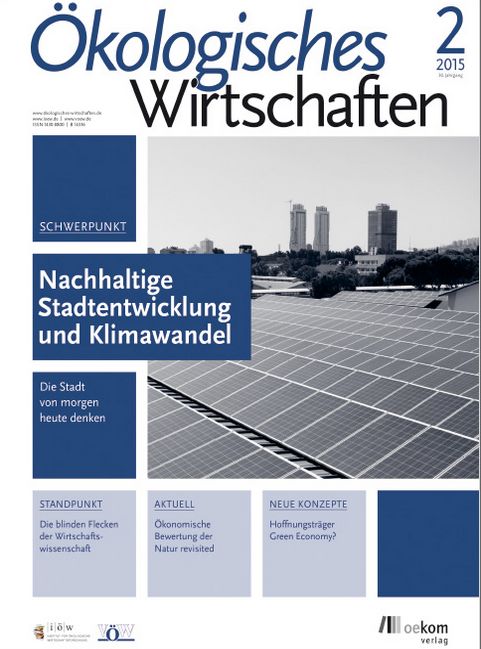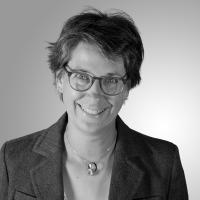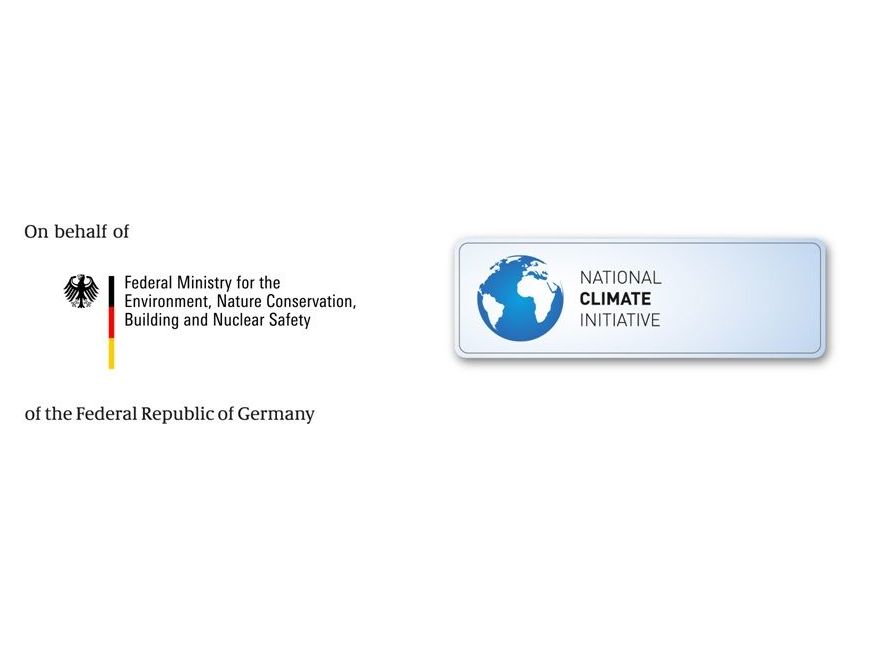Wie können Städte voneinander lernen?
Netzwerke im Klimaschutz
- Publication
- Citation
Knoblauch, Doris; Arne Riedel; Monica Ridgway (2015): Wie können Städte voneinander lernen? Ökologisches Wirtschaften, Vol. 30, No. 2 (2015), 25-27.
Cities and municipalities play a key role in finding solutions for climate change issues on the local level. A number of research projects already provides best-practice examples and strategies for their implementation. An effective exchange of municipalities facilitates the spread of available knowledge much faster. Within this article Ecologic Institute's Doris Knoblauch, Arne Riedel, and Monica Ridgway discuss the central challenges of both groups and elaborate on the themes and methods used for networking. The article is available for download.
In general, the need for network on climate protection measures in municipalities is high: Since climate protection measures are not considered mandatory tasks, many municipalities depend on cost-efficient solutions for their climate-change induced challenges and to adopt them to their requirements. Ecologic Institute works in two projects with ambitious municipalities in Germany ("Masterplan 100% Climate Protection") as well as Europe ("Post Carbon Cities of Tomorrow").
On the German national level, networking meetings enable climate change staff in the municipalities' administrations to exchange directly with each other. Covering a range of themes with different set-ups of working and discussion groups, the project was able to identify challenges in the creation phase as well as in the implementation phase of the masterplan. In addition, new staff members benefited from the exchange. With a view towards new masterplan municipalities, this project already produced results to further speed up the exchange of experiences.
On the European level, a larger group of stakeholders participates in a number of workshops to develop a common vision for 2050. This vision delivers the background for an action plan of implementation. Beyond the networking at the local workshops, the project also furthers the dialogue of the participating cities with other (European and non-European) cities with study tours.





